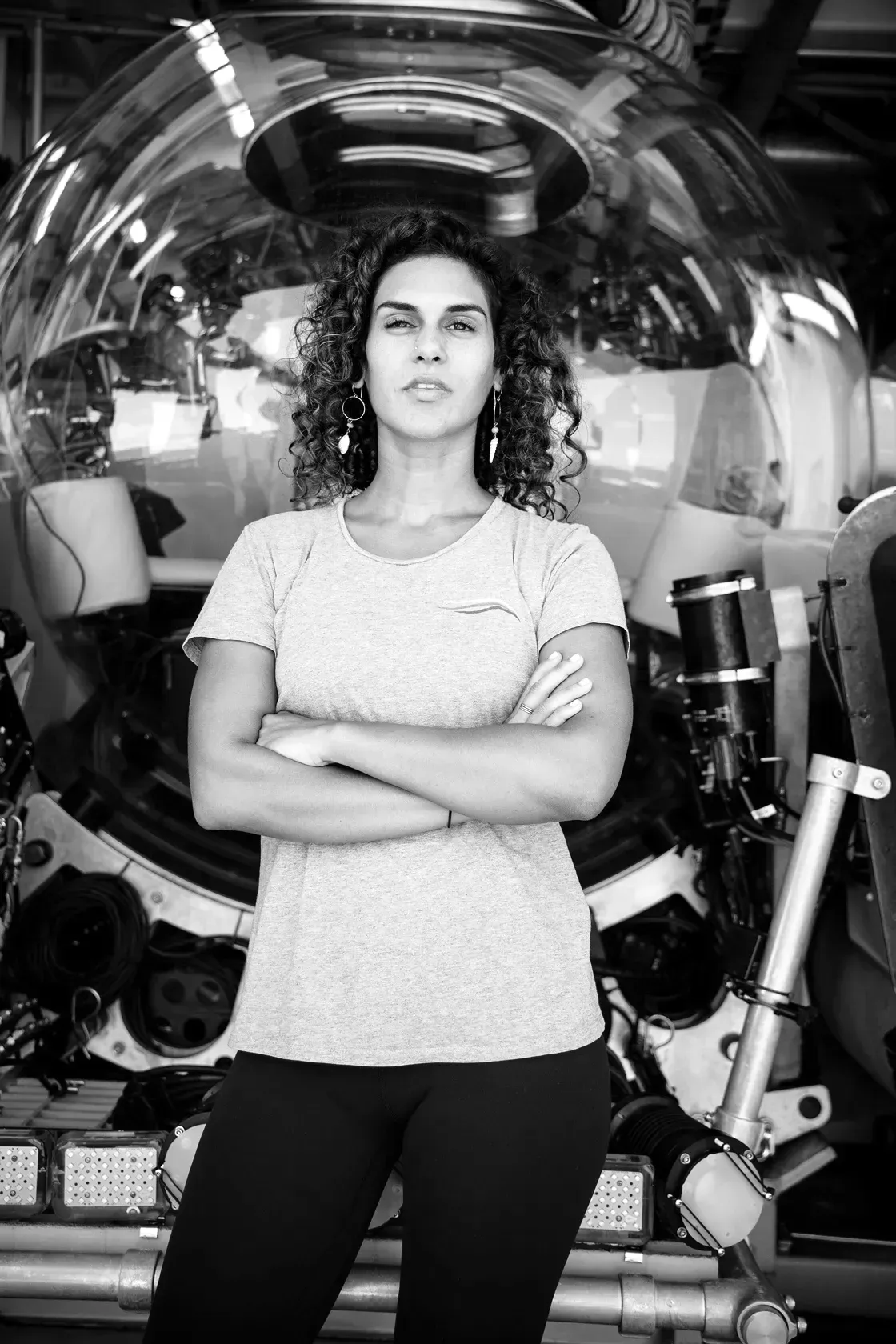
Dr. Diva Amon, a Trinidadian marine biologist, stands at the forefront of deep-sea conservation, advocating for the protection of oceanic ecosystems threatened by emerging deep-sea mining activities. As the founder and director of SpeSeas and a scientific advisor at the Benioff Ocean Science Laboratory at the University of California, Santa Barbara, Amon integrates scientific research with policy and public engagement to promote sustainable ocean stewardship.
Amon’s academic journey began at St. Joseph’s Convent, St. Joseph, Trinidad. She pursued higher education in the United Kingdom, earning both her MSc and PhD in Marine Biology and Ocean and Earth Science from the University of Southampton. Her doctoral research focused on the ecology of deep-sea organic falls, such as whale and wood falls, across multiple ocean basins. Post-PhD, Amon held research positions at the University of Hawaii at Manoa, where she managed the Abyssal Baseline (ABYSSLINE) project, and at the Natural History Museum in London as a Marie Skłodowska-Curie Research Fellow. Her work has led to the discovery of several new deep-sea species and has been featured in prominent media outlets, including National Geographic and the BBC.
Throughout her career, Amon has participated in over 15 deep-sea expeditions, exploring diverse habitats from the Clarion-Clipperton Zone in the Pacific to hydrothermal vents in the Caribbean and the Mariana Trench. Her research has been instrumental in highlighting the rich biodiversity of these largely unexplored regions and the potential impacts of human activities, such as deep-sea mining, on these fragile ecosystems. In 2018, she received the International Seabed Authority Secretary-General's Award for Excellence in Deep-Sea Research, recognizing her contributions to the field.
Beyond academia, Amon actively engages with international policy platforms. She served on the Executive/Steering Committee of the Deep-Ocean Stewardship Initiative (2019 - Mar 2025) and continues as co-lead of its Task Force for the Conservation of Deep-Ocean Biodiversity. Her advocacy extends to global forums, including the United Nations and the World Economic Forum, where she emphasizes the need for precautionary approaches to deep-sea mining. Amon argues that the ecological risks associated with mining activities are not yet fully understood and could have irreversible consequences. Through SpeSeas, she promotes marine science education and advocacy in the Caribbean, aiming to build regional capacity for ocean stewardship. Her ongoing research and policy engagement underscore the importance of informed decision-making in the face of industrial interests in the deep sea.



